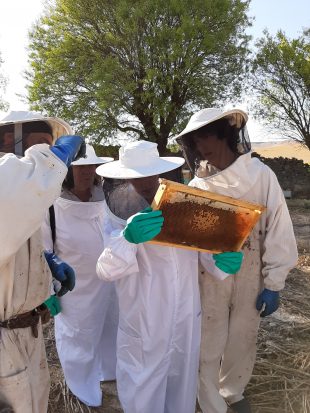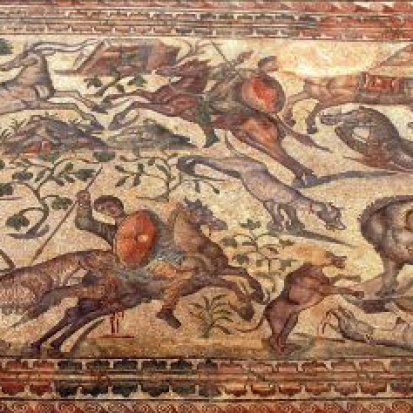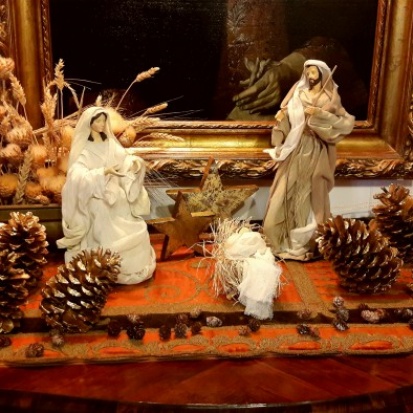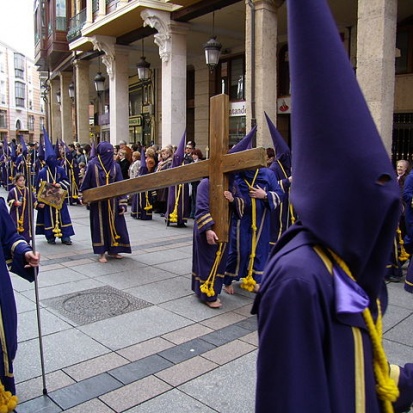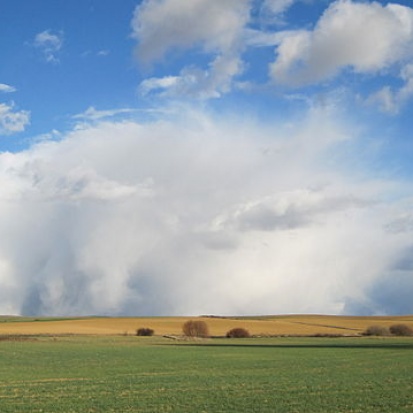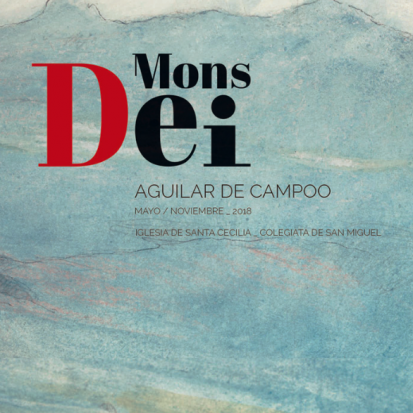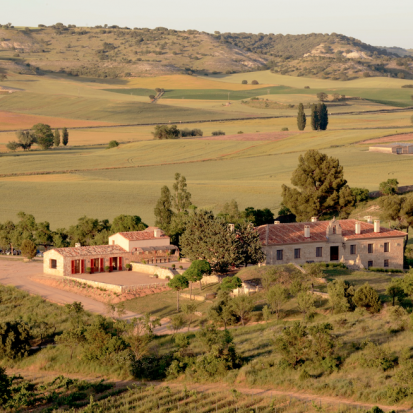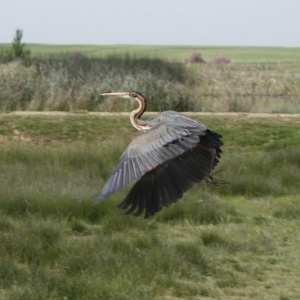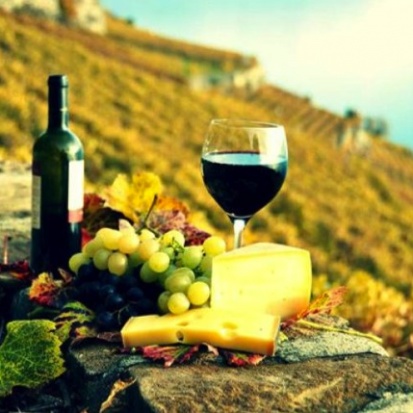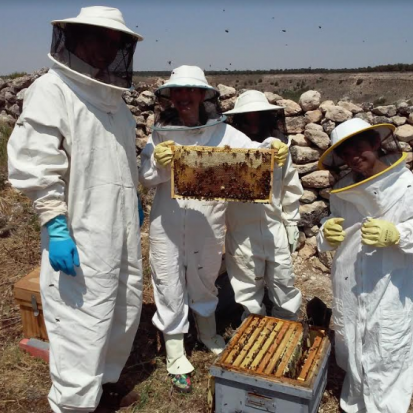Falconry, also known as the art of hunting with birds of prey, is an ancient practice that has fascinated mankind throughout history. It has now become a rural experience that fascinates all those who approach this world. This ancestral tradition has been passed down from generation to generation, evolving and adapting over time.
Falconry in Finca El Cercado
At Finca El Cercado we invite you to discover the fascinating world of falconry, the ancient art of hunting with birds of prey: falcons, eagles, goshawks and owls, which were already used in the Middle Ages for hunting.
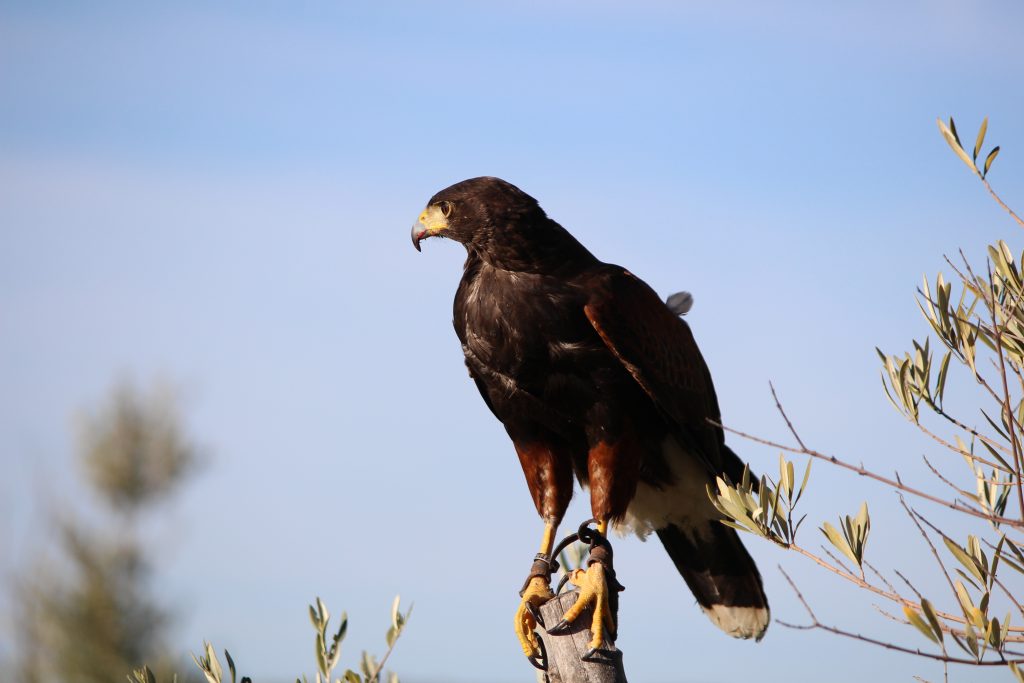
Falconry: the history
Falconry originated more than four thousand years ago in the plains of Central Asia and the Mesopotamian region. The nomadic tribes that inhabited these territories observed how birds of prey hunted small prey for food and decided to capture and train them for hunting. Thus falconry was born, an activity that combines the skill of the bird and the skill of the falconer.
The technique consists of using birds of prey such as falcons, eagles, owls and hawks to capture prey such as rabbits, hares, pheasants and ducks, among others. The process of training these birds is meticulous and requires patience, as a strong relationship of trust must be established between the bird and its handler.
Falconry: the falconer
The falconer starts training from the time the bird is a chick. The focus is on bonding with the animal and fostering its hunting instinct. As the bird grows, the falconer teaches it to fly in pursuit and return to the hunter’s fist. Through rewards and positive stimulation, the bird learns to obey orders and cooperate in the hunt. Falconry emphasises the relationship between man and man. So did falconry in Spain.
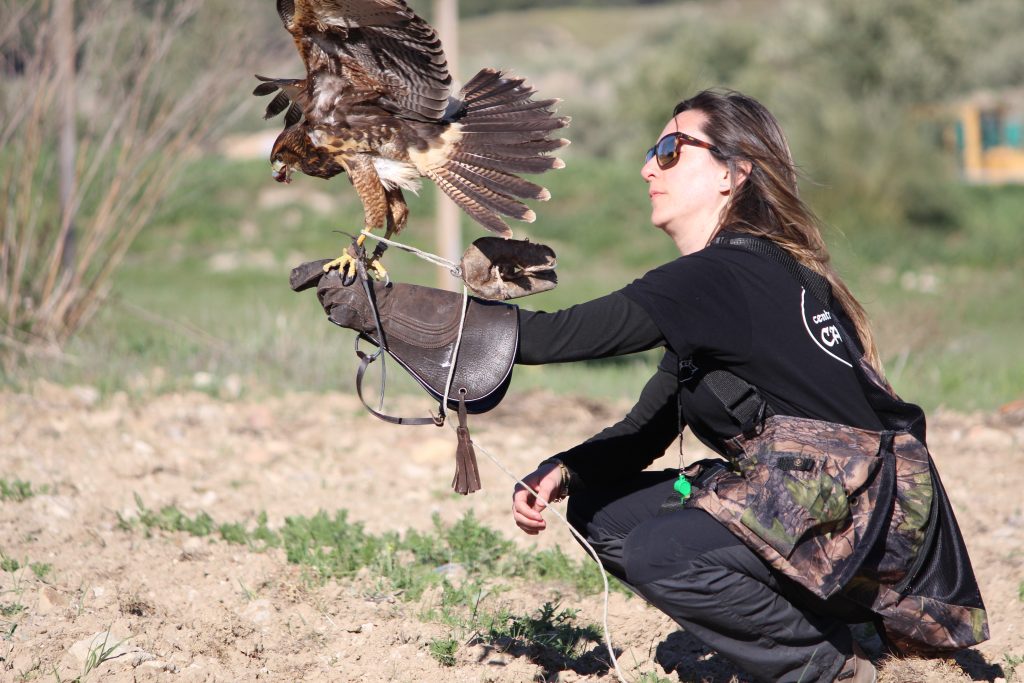
Falconry: the evolution
Falconry spread to different regions of the world, reaching its peak in Europe during the Middle Ages. Kings and nobles practised this art, considering it a sign of status and skill. During this period, more complex techniques were developed and falconry schools were founded where knowledge was passed on from generation to generation.
With the advent of firearms in the 17th and 18th centuries, falconry became less popular as a method of hunting in favour of hunting with guns. However, it remained a tradition and a noble sport practised by amateurs and lovers of birds of prey. Throughout the 19th and 20th centuries, organisations emerged to ensure the conservation of this practice and to promote its preservation as a cultural heritage.
Intangible Cultural Heritage of Humanity
Today, falconry is recognised by UNESCO as Intangible Cultural Heritage of Humanity, which highlights its importance and relevance in the conservation of traditions and ancestral knowledge. It has also become a popular sport in different countries, with competitions and exhibitions attracting crowds of people.
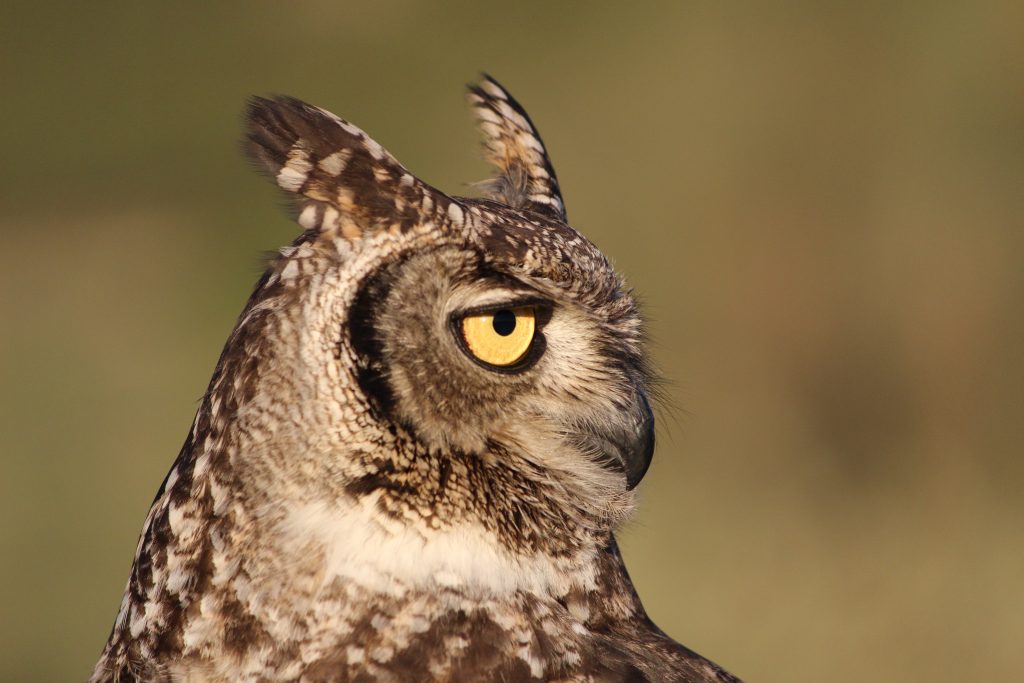
Biodiversity conservation
Falconry in Spain has also proved useful in biodiversity conservation and pest control. In some places it is used to control animal populations that may affect ecosystems or crops. By using birds of prey instead of more invasive methods, a balance is struck between conservation and the protection of human interests.
The welfare of birds of prey used in falconry is a key concern for falconers. Modern falconers are committed to the protection and care of their birds, providing them with a suitable environment and good food. In addition, the responsible breeding of these birds is promoted in order to prevent falconry in Spain from being nourished by birds trained after living in the wild.
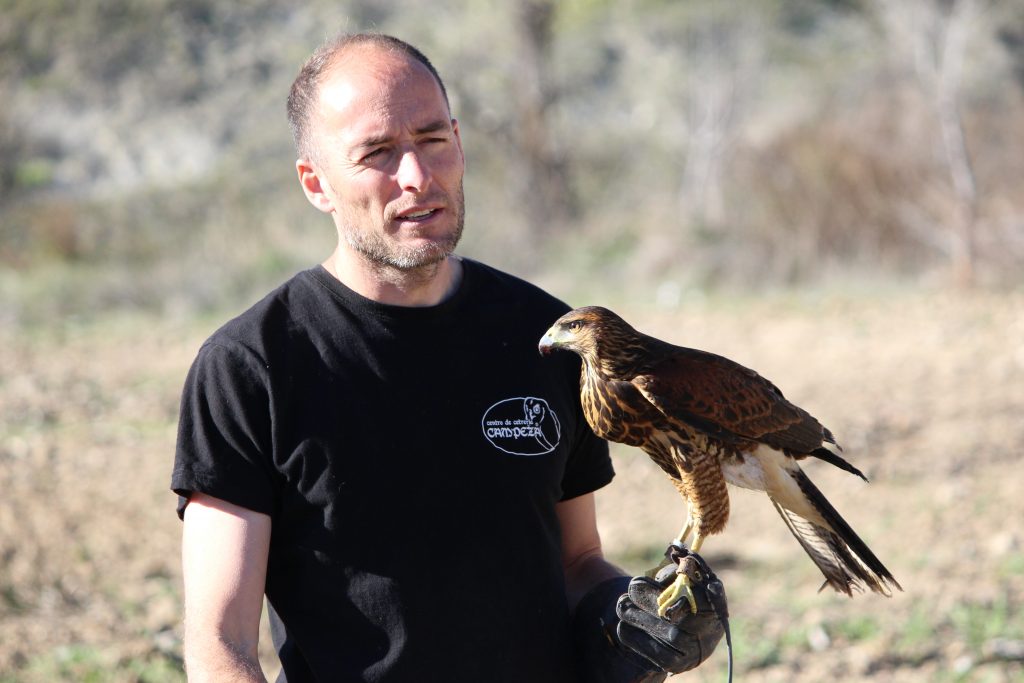
An experience you won’t forget
Falconry becomes a unique experience in places like Finca El Cercado, which takes care of every detail so that you can discover the noble art of birds of prey. You will get closer to them and understand their way of life to enjoy one of the best rural experiences that Castilla y León and Palencia have to offer. And if you stay with us, you have plenty to do: from beekeeping, to astro-tourism or wine tasting with exquisite pairings of the local gastronomy.
Enjoy the best rural experiences at Finca El Cercado, get close to birds of prey, enjoy falconry and live a moment you will always remember.

